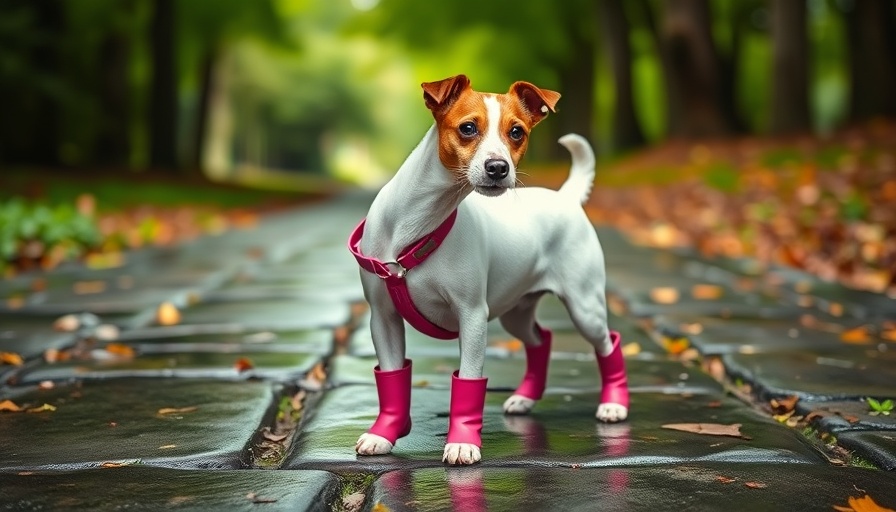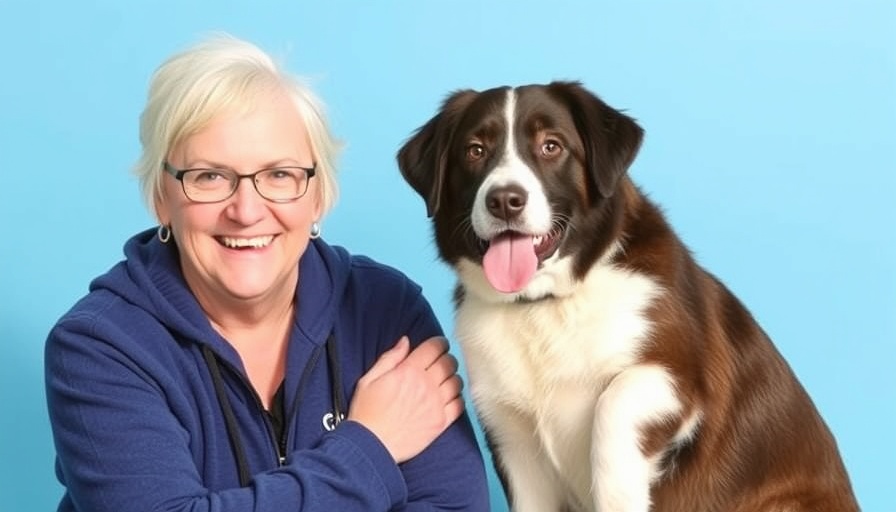
Understanding the Risks of Heat for Pets
As summer rolls in, pet owners must be more vigilant than ever about their furry friends’ health and safety. High temperatures can be dangerous for pets, leading to heat exhaustion or worst-case scenarios like heatstroke. Dogs and cats can suffer from overheating, as they can’t regulate their body temperatures as effectively as humans do. Short-snouted breeds, like Bulldogs and Persians, are particularly prone to heat stress due to their unique physical structures.
Practical Tips for Keeping Pets Cool
Ensuring your pets stay cool can be a fun and interactive process. Here are several practical tips:
- Provide Plenty of Water: Always keep fresh, cool water available. Adding ice cubes can make it even more enticing on hot days.
- Shade is Key: If your pet must be outdoors, ensure they have access to shade. A canopy or trees can help them avoid direct sunlight.
- Cool Baths: A quick splash in cool water can help lower your pet’s body temperature. Just be careful, not to make their skin too cold too fast.
- Avoid Hot Pavements: A pet’s paws are sensitive to heat. Try walking them early in the morning or later in the evening when temperatures drop.
Understanding Behavioral Changes in Heat
Pets, like humans, exhibit behavioral changes when they’re hot. Common signs that your pet may be overheating include excessive panting, lethargy, or refusal to eat. Monitoring these changes can help you take proactive measures to cool your pet down before it becomes an emergency. If you notice these signs, it’s vital to bring your pet indoors, provide water, and seek immediate veterinary care if symptoms persist.
The Importance of Grooming
Grooming plays an essential role during the summer months. Regularly brushing your pet can help remove excess fur and prevent matting, which can trap heat close to the skin. Additionally, consider scheduling a visit with your groomer during the summer to discuss the best cut for your pet. Sometimes, a slightly shorter cut can help keep them cool, but make sure to avoid shaving them too closely, as they need a layer of fur for protection against the sun.
Cooling Products for Pets
In today's market, a variety of cooling products specifically designed for pets are available. From cooling mats to water toys, these items can enhance comfort during the hottest months. Cooling vests or bandanas are also popular choices that can effectively lower body temperatures when soaked in water, adding another layer of protection against heat stress.
What to Watch For: Signs of Heat Stress
Being aware of the signs of heat stress is essential. In addition to the aforementioned signs, keep an eye out for drooling, vomiting, and unsteady walking. If you suspect your pet is suffering from heat stress, it’s crucial to take action immediately. Move them to a cool location, moisten their ears and paws with cool water, and make sure they have access to water.
Conclusion: Stay Proactive and Engaged
As we embrace the warmth of summer, remember to prioritize your pet’s health and well-being. Keeping your pets cool is not just about protecting them from heat; it’s about engaging with them and creating joyful experiences together, whether that’s through outdoor play or simply enjoying a relaxing afternoon in the shade. Take these proactive steps to ensure your furry friends enjoy a safe and delightful summer.”
 Add Row
Add Row  Add
Add 




Write A Comment